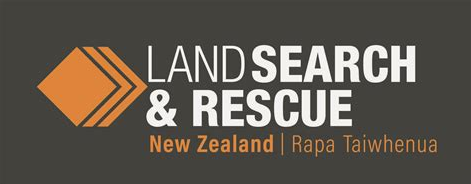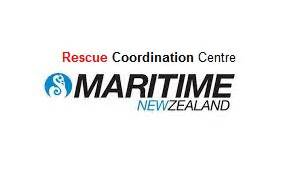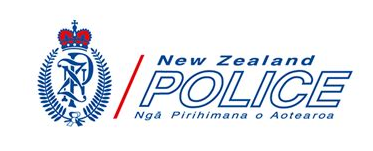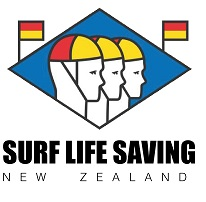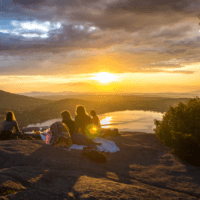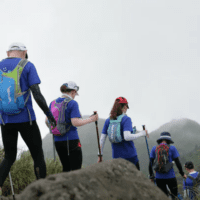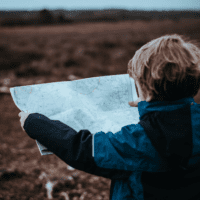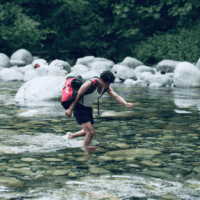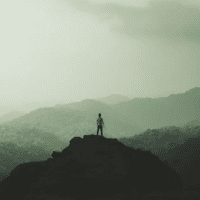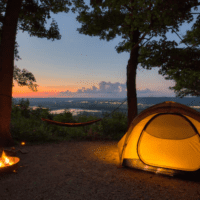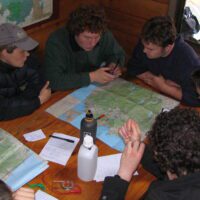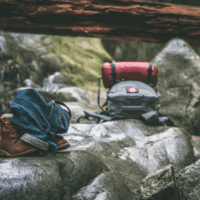Search and Rescue services in New Zealand’s great outdoors are provided by a number of organisations. The responsibility for the operational and coordination of SAR operations in NZ rest with Police and RCCNZ and work closely with each other. SAR response activities are carried out by a host of organisations and groups, trained volunteers provide 95% of the search and rescue response. Their commitment and expertise are vital in ensuring the well-being of those who explore New Zealand’s stunning but sometimes unforgiving wilderness when they become lost, missing or injured.
If you require SAR services in NZ the primary contact is to phone 111
There are a number of organisations that provide SAR assistance, the main organisations are listed below.
Land Search and Rescue (LandSAR)
Is a national volunteer organisation which provides search and rescue assistance to the lost, missing and injured across New Zealand. Volunteers operate in suburban, urban, wilderness and rural areas including regional and forest parks, shorelines and caves. Our unpaid professionals offer their specialist SAR skills free to the public 24 hours a day, 7 days a week via the New Zealand Police and the Rescue Coordination Centre. LandSAR team members attend specialised training courses in search methods, tracking, first aid, and incident management as well as having specialist teams in rope rescue, alpine, caving, SAR dogs and canyoning.
The Rescue Coordination Centre New Zealand (RCCNZ)
Is responsible for coordinating search and rescue operations in a vast area. Its area of responsibility extends over the New Zealand, which covers approximately 30 million square kilometres. This region includes New Zealand and its surrounding waters, as well as a large portion of the South Pacific Ocean and extending down to Antarctica, making it one of the largest search and rescue regions in the world. RCCNZ handles a wide range of incidents, including those that occur in the country’s territorial waters and those involving vessels and aircraft in the broader region. The RCCNZ provides search and rescue (SAR) services 24 hours a day, 7 days a week, 365 days a year.
NZ Police
The NZ Police, through its National SAR Coordinator, takes the lead in coordinating SAR efforts within the country. They work closely with other agencies, such as the Rescue Coordination Centre New Zealand (RCCNZ), which oversees maritime and aviation SAR, NZ Surf lifesaving, local rescue helicopters, Amateur Radio Emergency Communications (AREC) NZ Coastguard and LandSAR.
Police SAR operations cover a wide range of settings, including urban areas, suburban regions, wilderness, and rural landscapes. Their role is not limited to a specific environment but extends to wherever SAR assistance is required. Police SAR officers also receive specialised training to handle a variety of scenarios and are on call 24 hours a day, 7 days a week, ensuring quick response to incidents and emergencies.
Surf Life Saving New Zealand is the leading beach and coastal safety, drowning prevention and rescue authority in Aotearoa. They deliver lifeguarding and emergency rescue services as well as a range of public education beach safety programmes. Surf Life Saving NZ is made up of over 4500 highly trained professional lifeguards around the country and save hundreds of lives each year and keep thousands more safe along NZ coastlines.
Coastguard New Zealand is the primary volunteer civilian marine search and rescue organisation for New Zealand. Unlike a number of other countries, the organisation is a non-governmental, civilian charitable organisation, with no enforcement powers. Coastguard NZ provides a 24/7 service 365 days of the year and help bring home thousands of boaties yearly after some form of emergency on the water. They are also the main provider of boating education in NZ.



